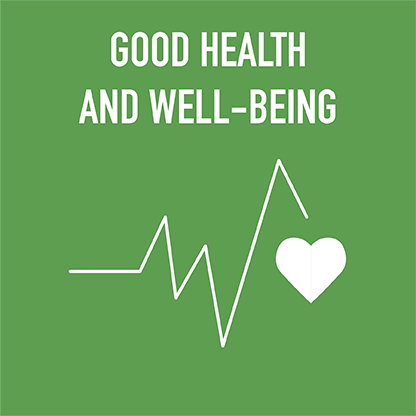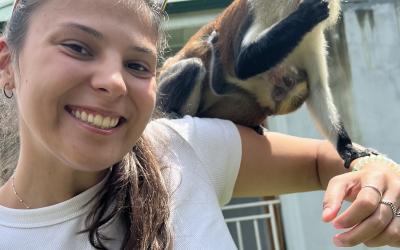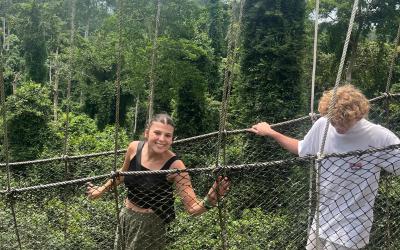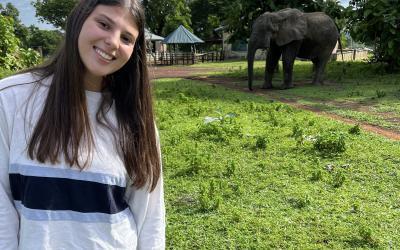This program is ideal for students interested in medicine, public/global health, community and international development, social work, psychology, and mental health. On this program, you will take courses examining health and development in Ghana, as well as contemporary issues facing Ghanaian society. As a complement to your coursework, you will be placed in a hands-on service learning experience that is matched to your specific interests and background, which can be a nice addition to your resume.
This program was designed in collaboration with the Global Health Minor Program at the University of Oregon, and all credits earned on this program can be applied towards the minor.
As the capital of Ghana, Accra is well known for its traditional and contemporary arts, vibrant music scene, and bustling outdoor markets. Experience the welcoming hospitality of the Ghanaian people as you discover the wide variety of cultural events, festivals and performances Accra has to offer.
This program includes three weekend excursions:
- Cape Coast
- Kumasi
- Volta region
In these excursions, students will learn about the Volta region’s unique history, visit modern-day African markets, and see “slave castles” on the Gold Coast that were used in the trans-Atlantic slave trade.
You will receive pre-departure cultural and language orientation by a GEO staff, and on-site orientation by local staff upon your arrival.






